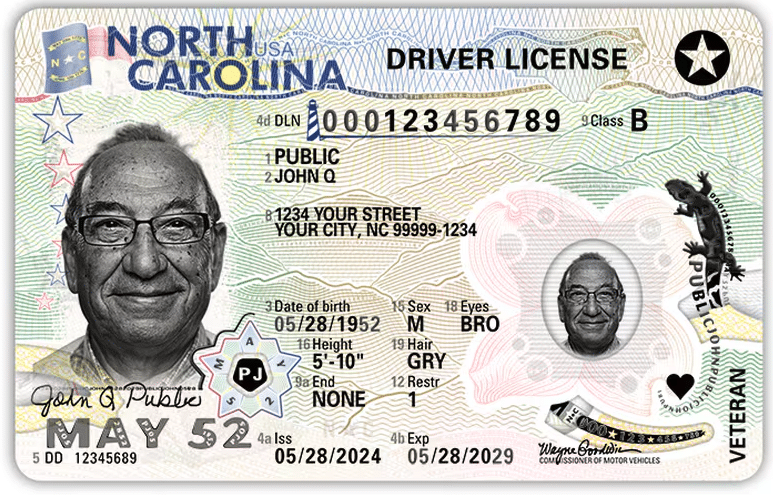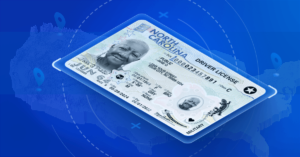Overview of North Carolina ID scanning laws
North Carolina has 4 laws which we consider relevant to ID verification, in addition to other laws which may related to age verification, identity verification, KYC, privacy, and biometrics.
Can you scan IDs in North Carolina?
Yes, North Carolina businesses can scan IDs. However, not all scan data may be retained in every instance.
Can you save data from a scanned ID in North Carolina?
North Carolina law regulates a business’s ability to retain information obtained from an ID scan. Retailers who hold ABC permits are permitted to scan IDs to verify age and legitimacy but may only retain information printed on the ID, such as name, date of birth, address, and ID number.
Does North Carolina offer affirmative defense for ID scanning?
Yes, North Carolina offers affirmative defense laws related to ID scanning for both alcohol and tobacco sales.
What types of IDs does North Carolina issue?
North Carolina issues drivers licenses and state IDs, including REAL ID, and CDLs. North Carolina does not issue non-domiciled CDLs.
Individual North Carolina ID verification laws
Age verification for alcohol sales
North Carolina does not require that businesses scan IDs for alcohol sales, but does offer affirmative defense for those that do.
Age verification for tobacco sales
North Carolina does not require that businesses scan IDs for tobacco sales, but does offer affirmative defense for those that do.
Age verification for pornography
North Carolina requires that websites publishing or distributing material deemed harmful to minors verify age to ensure users are at least 18. This data cannot be retained.
ID scanning for scrap metal
Scrap metal recyclers are required to maintain electronic records of transactions including a copy or scan of the seller’s ID.
Data privacy laws in North Carolina
North Carolina does not have any state data privacy laws.



